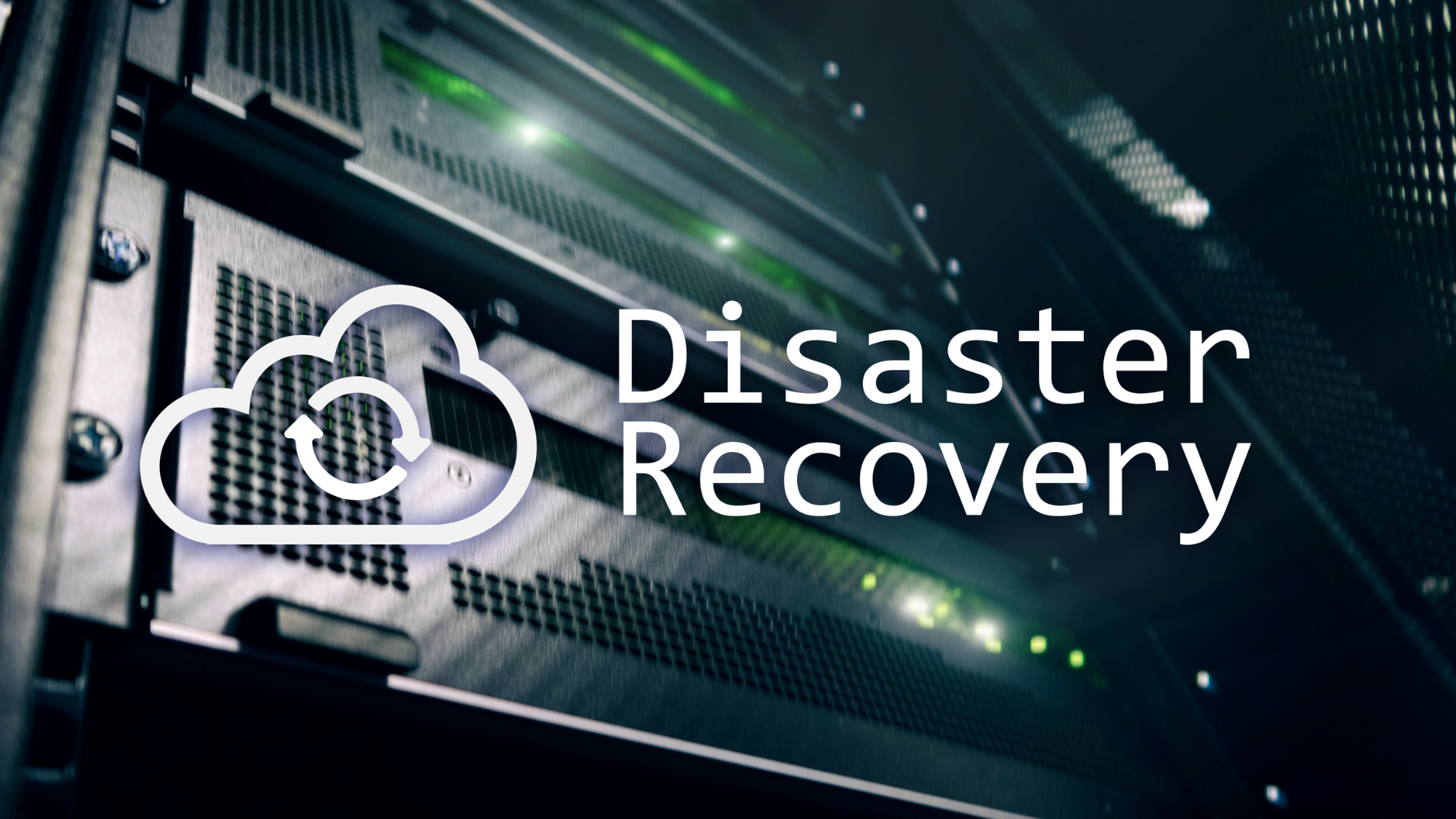Disasters come in various shapes and sizes, unplanned, and have the potential to strike at any time. If 2020 has taught us anything, the world is unpredictable. There are a number of scenarios that can come with little to no warning and may hit your business hard (cyber-attacks, hardware failure, floods and fires) to name a few, and can lead to devastating consequences for any type of business, large or small.
Many IT disasters have been known to knock out a company’s network or systems, and if you don’t have a disaster recovery plan in place and ready to go, there’s a likely chance that the results could be catastrophic for your business.
So what exactly is disaster recovery?
Disaster recovery is the process of resuming normal operations following a disaster by regaining access to data, hardware, software, networking equipment, power and connectivity. Essentially, it details the roles, responsibilities, planning and processes that must take place for a business to be able to resume its mission-critical activities as quickly as possible.
It’s important that a disaster recovery response should follow a disaster recovery plan (it may be helpful to create one of these if your organisation does not already have one in place). In effect, this is a documented process or set of procedures developed specifically to prepare an organisation to recover in the shortest possible time during a period of stress or uncertainty.
What are the benefits of having a disaster recovery plan?
- Implementing a disaster recovery plan enables a business to quickly restore IT assets to ensure business continuity. Successful disaster recovery requires vital planning, testing and manpower to carry out the necessary steps to achieve recovery.
- A disaster that causes disruption to daily business operations can be devastating for any business. Without your business’s data, your business may not exist! By having a disaster recovery plan in place, the cost of disruptions may be reduced (for example loss of data or financial impact).
- It’s likely that business operations and processes will be improved when you identify areas of inefficiency or risk during the analysis part of your business continuity planning.
- It’s important that a business’s disaster recovery plan is routinely updated in order to accommodate new staff members, hardware and software modifications. The plan should also be practiced so those involved understand their role and responsibilities should an incident occur.
We hope this short article has given you a brief overview of the importance of disaster recovery and the benefits of having a disaster recovery plan in place to reduce business disruption. If you have any further questions or would like any further advice or help surrounding disaster recovery please don’t hesitate to contact us on 0161 464 6101. Alternatively, you can email us hello@datacentreplus, we’d be more than happy to help.


